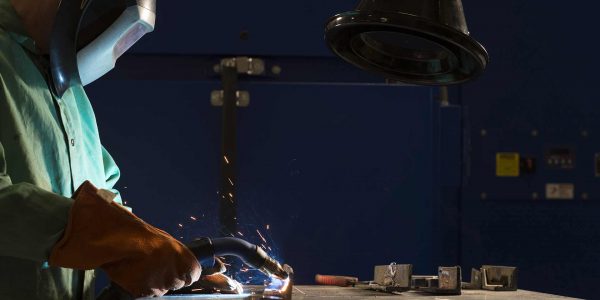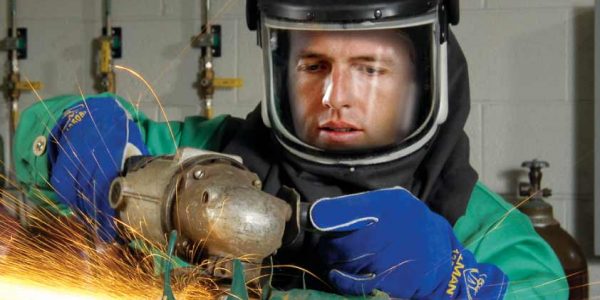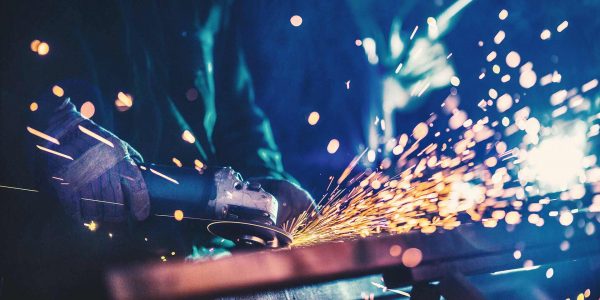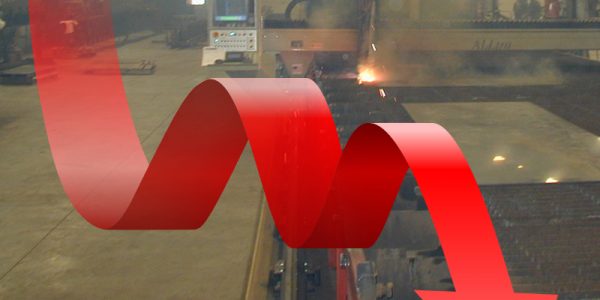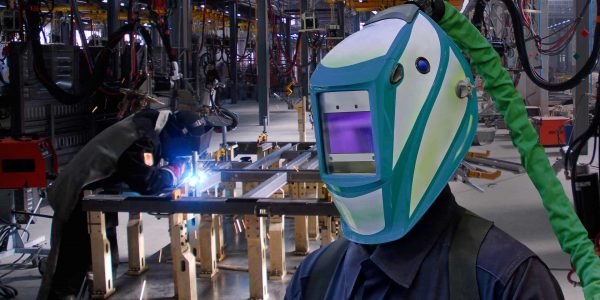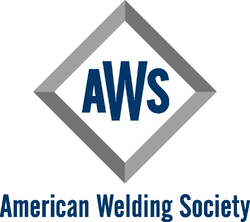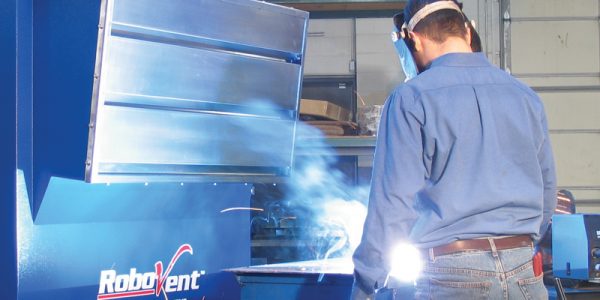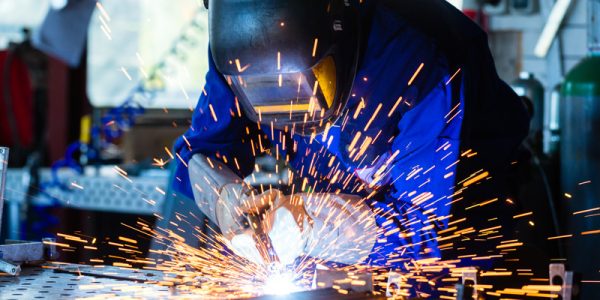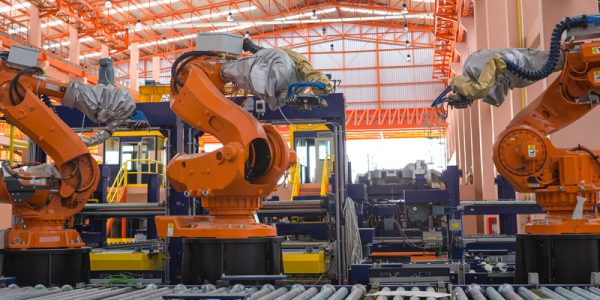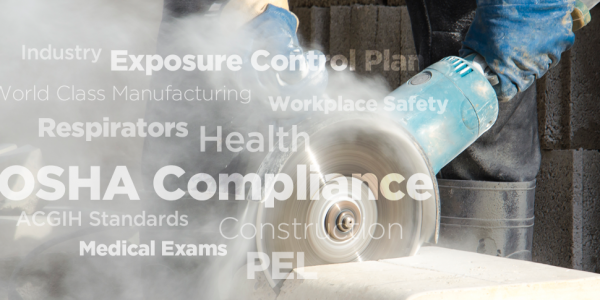Blogs
March 10, 2017
A Brief History of Fume Guns, and Why Today Is Different
Here is the one-sentence history of fume guns: At first they were terrible, but now they’re pretty great. For decades, fume guns had a bad reputation, and it was well earned. Fortunately, engineers were not content to let the underdeveloped technology fade away. The 1970s: Malaise Strikes By the 1970s, extraction fume guns were widely […]
March 10, 2017
Grinding Booths: An Easy Solution to a Gritty Problem
Grinding and sanding operations are dirty business, but somebody’s gotta do it. Many manufacturing facilities rely on a grinding station as a key step in production. A highly skilled person in this position is a great asset to a facility, but even the finest craftsperson can’t help but throw dust and particulates across a shop […]
March 9, 2017
What’s the Best Way to Stop a Spark?
As the old song says, it only takes a spark to get a fire going…and if that spark is in your dust collector, the resulting fire can do a lot of damage. Your dust collector provides the perfect environment for a fire to start: plenty of fuel in the form of filter media and combustible […]
March 9, 2017
Getting to the Root of Air Quality Issues
By John Keaser, RoboVent Lead Engineer Helping companies find and implement effective solutions for air quality problems is the most rewarding part of my job. I worked on the front lines of manufacturing myself while finishing my education, including glass batch processing, smelting and sheet metal manufacturing. I know first hand how important a clean, […]
February 8, 2017
Five Ways Poor Air Quality Hits Your Bottom Line
We all know that poor indoor air quality (IAQ) is unpleasant. But did you know that it is also expensive? If welding or other manufacturing processes have left a visible haze in your facility, air quality may be costing your company more than you think. Here are five hidden costs of poor IAQ. 1. Productivity […]
February 8, 2017
Top 3 Reasons to Retire Your PAPR
Powered air-purifying respirators (PAPRs) are widely used in manufacturing environments where air quality is a problem. These hoods and masks clean workers’ air and protect them from harmful dusts and fumes. Employers know they are legally required to provide a safe and healthy workplace, and they know PAPRs are listed by OSHA as a possible […]
December 17, 2016
Benefits of Weld Training Ventilation
Skilled Workforce Opportunities Lead to Weld Training Demand According to the American Welding Society, the welding industry could face a shortage of about 400,000 operators by 2024. To counter this trend, the industry is taking a three-pronged approach: training more operators, helping existing employees build skills, and educating existing manual welders to operate automated systems. […]
December 7, 2016
Canadian Emissions Regulations
Rebates Help Canadian Manufacturers Meet Environmental Regulations by Duncan Beaumont New environmental regulations with stricter air pollution standards are pushing manufacturers in Ontario and other provinces to reduce emissions of eight common industrial contaminants. Is your facility in compliance? If you are still using an exhaust and makeup air system as your only solution to […]
July 1, 2016
6 Source Capture Options for Weld Fume Extraction
Which Method Is Right for You? There is a variety of source capture weld fume extraction equipment available today, and it can be difficult to know which specific type is best for you. We broke down the six most popular types, including pros and cons, and one method you should absolutely avoid. 1. Backdraft Hoods […]
June 29, 2016
Proper Weld Fume Extractor and Welder Positioning
Proper Weld Fume Extractor and Welder Positioning for Source Capture Maximizing Indoor Air Quality for Your Welders To get the best results from a source capture system, proper positioning of both the weld fume extractor and the welder are an important, but often overlooked, consideration. To maximize effectiveness and get the most from your investment, […]
June 27, 2016
Popular Manufacturing Applications for Robots
From Robotic Welding to Automated Handling, How Robots are Used Today Given robots’ incredible speed and efficiency, more and more processes are becoming automated in manufacturing environments. While today’s general fabrication facilities don’t quite resemble “The Jetsons” (these robots aren’t serving meals – yet), vast improvements have been made to the precision and durability of […]
April 14, 2016
Is Your New Silica Exposure Plan Ready?
On March 25, 2016, OSHA released its final rule on crystalline silica exposure, which cuts permissible exposure limits (PELs) in half from the previous limits to 50 micrograms per cubic meter of air (m/cu.m.).
